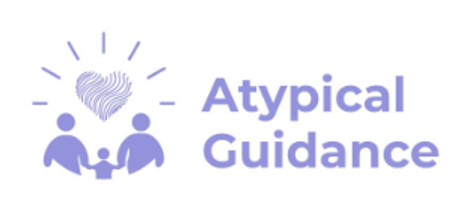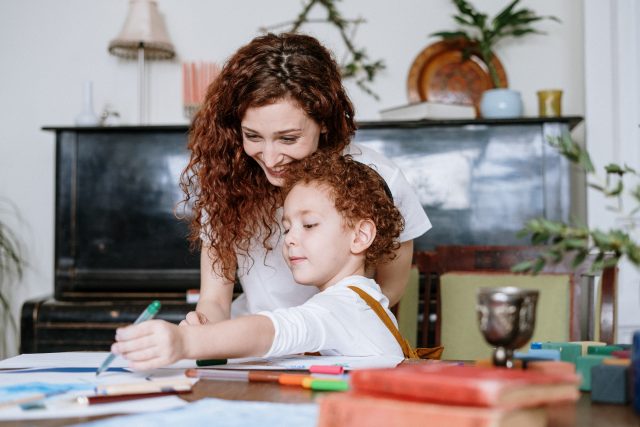Do you worry about the upcoming birthday party, family, or playdate that your child will attend? Atypical children often face challenges when attending such celebrations. Your child may exhibit anxiety about going to such get-togethers. This can present as your son/daughter’s saying they do not want to go. If they do decide to attend you may have witnessed several different scenarios. Sometimes atypical children will stay on the perimeter of the activity not knowing how to engage in ongoing play, they may also become physical with other children believing that this is way to become part of what is going on. A third possibility is the dreaded “meltdown” when atypical children are so overstimulated by the noise and activity around them that they can’t regulate themselves and become so overwhelmed that they fall apart in what appears to be tantrum behavior.
There are several preemptive strategies that can be utilized before your atypical child attends any event whether or not you attend with them. One such strategy would be to create a “faux” birthday party scenario. By doing this you allow your child to practice acceptable behavior and provide them with experiences that they will encounter. Creating such practice sessions can ease your child’s anxiety and worry about what might happen when they arrive at the event. Watching a video of a birthday party would also be helpful in that it will allow your child to witness the event at a “safe” distance. Having a discussion with your child while watching the video will enable both of you to uncover the parts of the event that cause your child stress. You could also stop the video at various intervals and ask your son/daughter what they think about the gathering and how they feel. Asking questions like, “Would you like to be at that party?” “What is your favorite part of the event?” “What parts did you not like”? “Why?”
Another strategy that you can try is to have a post-event discussion about the last event that he/she attended. If you have pictures from that party you could show it to your child and discuss how they felt at that time.
Finally, you need to be careful not to judge any of your child’s responses. They are valid and important to him/her. Being the safe place for your child to “unload” will serve both of you in the future.




